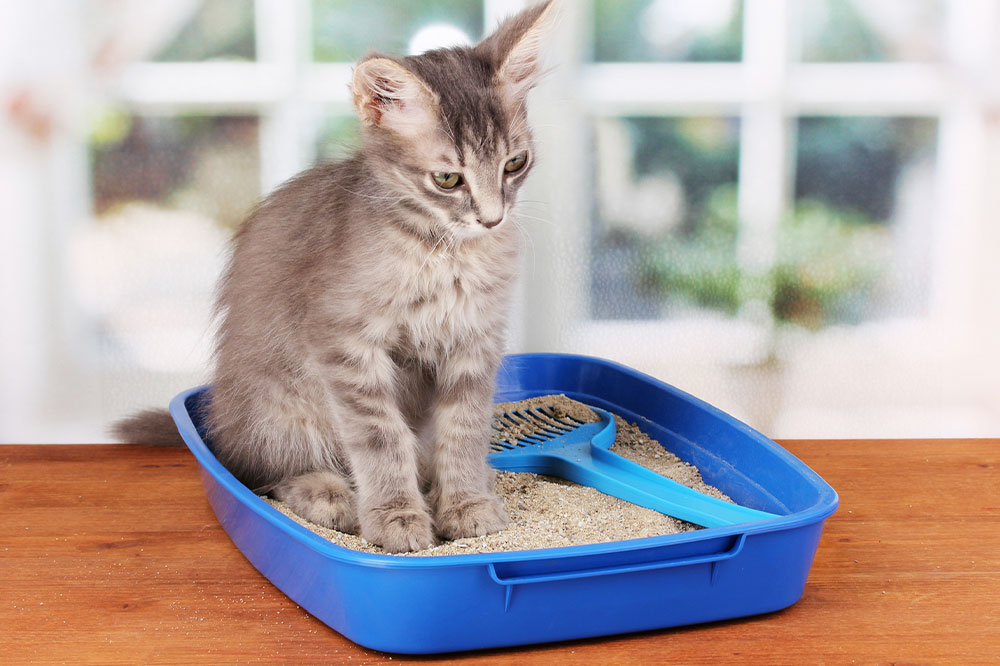Different Types of Cat Litter and Their Impact on Human Health
Learn about different types of cat litter, including clumping, non-clumping, and biodegradable options, and their potential health effects on humans. Proper handling and selection can minimize risks while keeping your pet's environment clean and safe.
Sponsored

Understanding Various Cat Litter Options and Their Health Considerations
Having a feline companion means managing their waste efficiently. Cat litter is favored by owners for its convenience in cleaning up after pets. Cats are typically trained to use a designated litter box, which requires regular cleaning at least twice daily to prevent odors and bacteria buildup. But what are the potential health risks associated with different types of litter? Let’s explore how various litters may affect human health.
While owning a litter box isn’t usually dangerous, improper handling during cleaning can pose health concerns if safety measures aren’t followed.
Several types of cat litter exist, each with distinct implications for human health. It’s essential to understand how to manage them properly.
Clumping Litter
This litter contains bentonite, which helps the waste form clumps. The CDC warns that inhaling or ingesting bentonite should be avoided. Some clumping litters also contain silica, a known carcinogen linked to increased lung cancer risk. Although exposure in household scenarios is typically low, precautions are advised.
Non-Clumping Litter
Usually clay-based, this type absorbs moisture and produces less dust. Clay is natural, so significant risks arise mainly from accidental inhalation or ingestion of large amounts, which could lead to health issues. Many pet owners prefer non-clumping variants to minimize potential health hazards.
Biodegradable Plant-Based Litter
Made from recycled paper, grains, wheat, or corn, this eco-friendly option is biodegradable. However, additives in manufacturing might contain harmful chemicals. Additionally, some plants used can trigger allergies or reactions. For individuals with asthma, choosing unscented litters is recommended to avoid symptom flare-ups. Always wear gloves when cleaning to prevent disease transmission.






